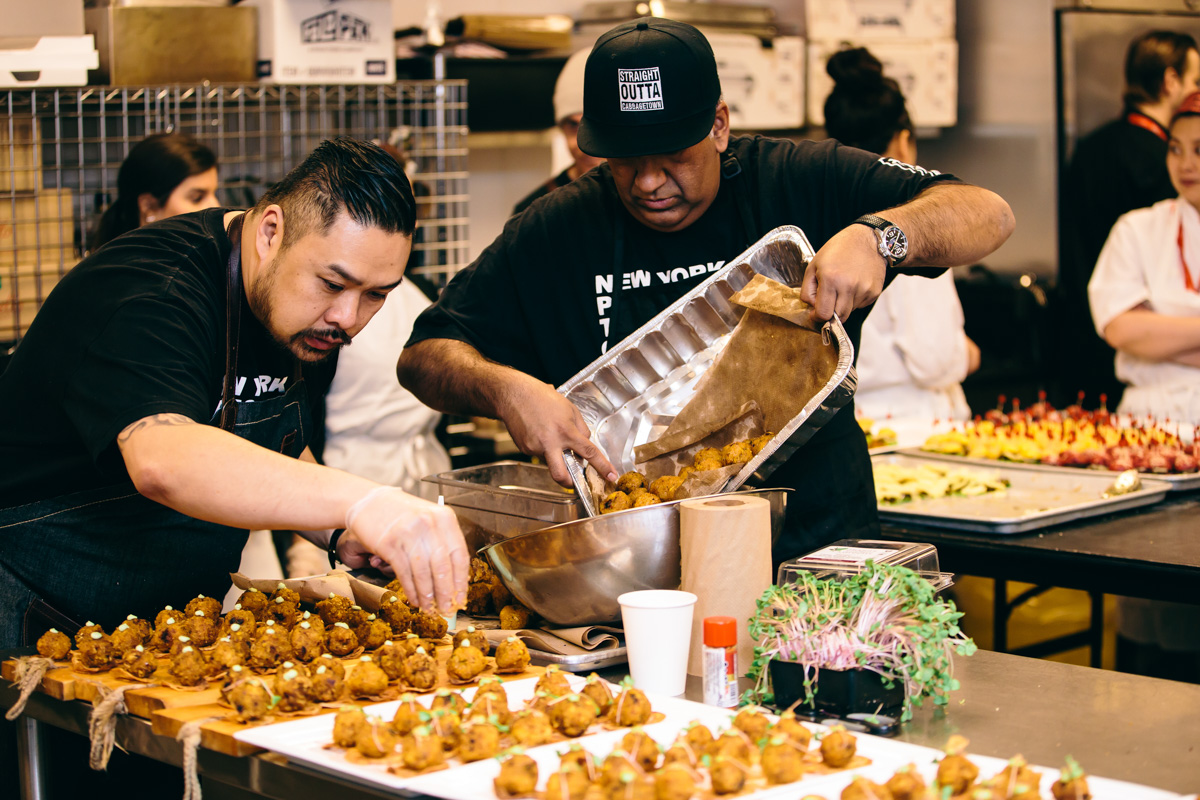This article is a part of an interview series where FEC sits down for an intimate conversation with leading thinkers and doers in the food, hospitality and agriculture industries. This series aims to offer insight and maybe a little food for thought to keep us connected and engaged in a vaster network of inspirational entrepreneurs in Berlin and beyond.
by Madeline McLean
Arlene Stein is definitely role model material. Founder of Terroir Symposium, mom, relentless innovator and champion of community-level engagement, I met Arlene over bagel sandwiches at Shakespeare & Sons in Friedrichshain. As we settle into our cozy nook in the bookstore café, the day’s rain made it nearly impossible to leave once we started chatting.
Arlene is from Toronto Ontario, a city whose reputation as a budding food capital continues to grow. In fact, it occurs to me that the groundswell that really put Toronto on the culinary farm-to-table map could have very well been thanks to Arlene and her fervent community engagement efforts over the past two decades.
Arlene worked for years in the restaurant industry but by the early 2000s she began to realize that in Toronto, working in the service industry wasn’t necessarily considered a viable profession. Meanwhile this was during a time when chefs were extremely insular and proprietary with their cuisines, which gave way to a competitive atmosphere in the restaurant scene in Toronto. It wasn’t until 2004-05 that the slow-food movement and the celebrity chef culture of the Food Network in the US began to stream into the scene in Toronto. By this point Arlene had transitioned out of the restaurant world and into a new role as the Catering and Events Director at the University of Toronto.
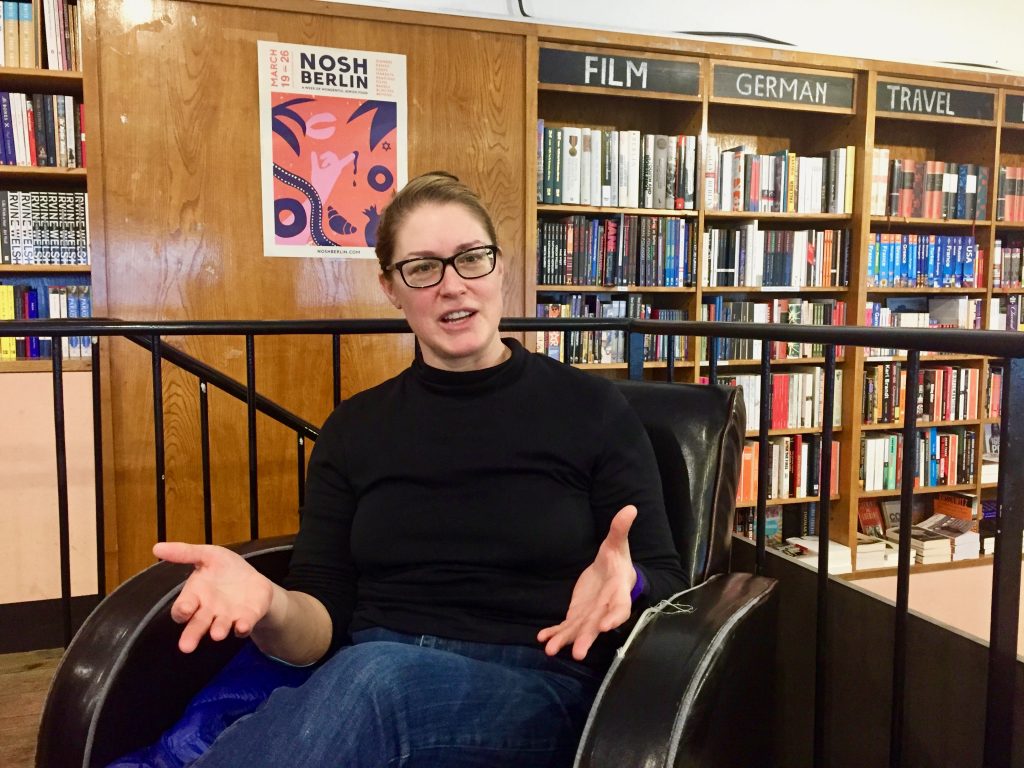
For years up to this point, Arlene yearned to create a forum for people who worked in the food and service industries in which they could share and collaborate on ideas, form relationships and expand their networks outside of the existing channels. It was at the university, with its clout as a community and education center, that Arlene discovered the perfect platform to bring to light the ideas she had been working on privately. And so in 2007, Arlene launched the first Terroir symposium with 107 attendees: it was intimate and grassroots.
Terroir will hold its eleventh symposium this May in Toronto (though this will be Arlene’s last as the director) and has grown organically to a place where today it coexists with some of today’s biggest food, agriculture and hospitality industry-oriented conferences. Simultaneously she is launching its inaugural forum in Berlin on May 15th. Arlene will be restructuring Terroir with an eye towards the present day needs of Berlin.
Over our bagels and coffee I learn a lot as I chat with Arlene about her thoughts on Slow Food, eating locally and settling into the food scene in Berlin –
In your words, what are the merits of Slow Food and the role that it in the food industry and the community in Toronto in the early 2000’s and then also how it figures into the scene now:
Slow Food really grabbed a stronghold in Toronto [in] harnessing the ability of the chefs to become ambassadors and supporters of [local] farmers, which gave them the economic stability to succeed. And that was what was so – and still, by the way, is an important part of that relationship. On the economic side: no one has more economic buying power than somebody working in a restaurant, it’s just a matter of scale […] So for the farmer, that’s what they need, they need that financial sustainability. On the other hand, as chefs are becoming more popularized and becoming more glamorized, what they were also able to do […] was this kind of identifying every single thing on the menu by the farmer that became trendy; you’re sharing that story with your consumer and your consumer can be a supporter of that farm. So it’s about advocacy.
I’m also a huge advocate for the ‘support your local farm’ principle, though some may argue is an elitist proposition. Buying locally from farmers or independent producers is typically more expensive and this ‘buy local’ principle assumes one would have the means to do this, I’m wondering if that ever got to you in your local food advocacy?
So it does and it doesn’t – I have a lot of opinions on this. I don’t think supporting your local farmer or your local food is an elitist objective. I think that it’s a misnomer and I think that a lot of the way we eat is about choices and that may be coming from a privileged place that can seem very arrogant but at the same time look at what people are consuming – you know, go to the grocery store and see what people are putting in their carts, they’re not putting whole foods into their carts, they’re putting in packaged foods. I think [looking at the] way we eat, I think food literacy has to improve, I think the choices that we make in the grocery store need to improve, I think we need to eat less – especially in North America – and I think we need to eat more whole foods. So the whole argument that it’s an elitist infrastructure is a smokescreen for real systemic issues that should be addressed in a more complicated to address because there’s no one solution.
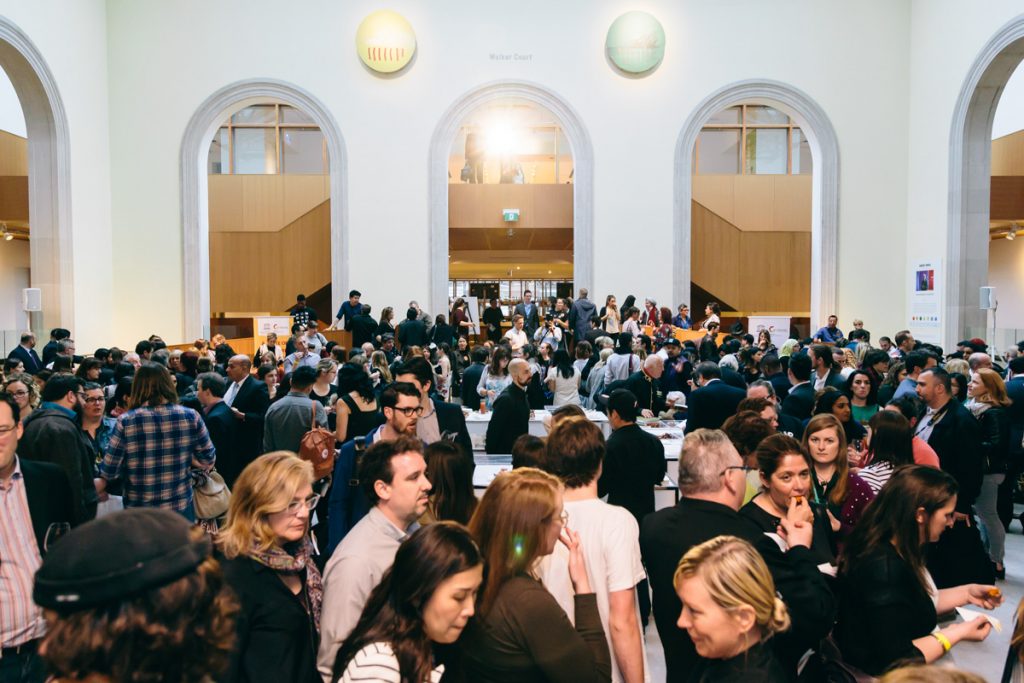
So what would your solution be?
Ah, that’s difficult. I think food literacy is number one. And I think that having – and you know I’m not an authority on this and I don’t have a solution actually – but I think making sure you don’t have food deserts, making sure people have proper access to food. Having community centers that have food programs available to people.
Let’s shift our focus to Berlin: for me it’s been a really interesting shift of focus to learn about what’s going on here with regards to the local food movement. It’s an interesting situation.
To be honest I don’t know enough about it; I feel very clueless and a part of that is the language barrier and so it’s been difficult for me to really wade through it. What I think I can say with certainty is that [Berlin is] definitely behind in terms of the whole local food procurement and supporting farmers, which is kind of shocking because again it’s the home of biodynamic farming and then there is all of this industrial stuff in the super market. And it’s crazy because you’ve got the Bio brand in the REWE and it’s so expensive in comparison to the Ja! brand – it’s such a moral dilemma! I think because the system in North America was so broken we were able to invest in it much sooner, whereas here I don’t know…
Yeah I agree with that because of course there is this engrained, old-world mindset where you go to your independent butcher down the road and of course you’re buying your carrots that come from your local farms but now that more people are living in cities, as opposed to the countryside, I think people take it for granted that you can still go to your butcher but people are relying more and more on grocery stores like REWE. Whereas in North America, we’ve had this crisis for a long time…
Exactly. Toronto has literally hundreds of farmers markets around the city – hundreds – so with respect to Berlin, I think that it’s an exciting time because I think that a lot of the work that I’ve done in Toronto and invested in I can actually apply here because the food system hasn’t moved as far along as it has in Toronto. There is a lot of room for growth and I think that the really smart, innovative chefs here also understand that their producers need more than one chef buying from them. [Chefs] need to open up markets for them so that [the producers can] become successful; this is the idea of proliferation.
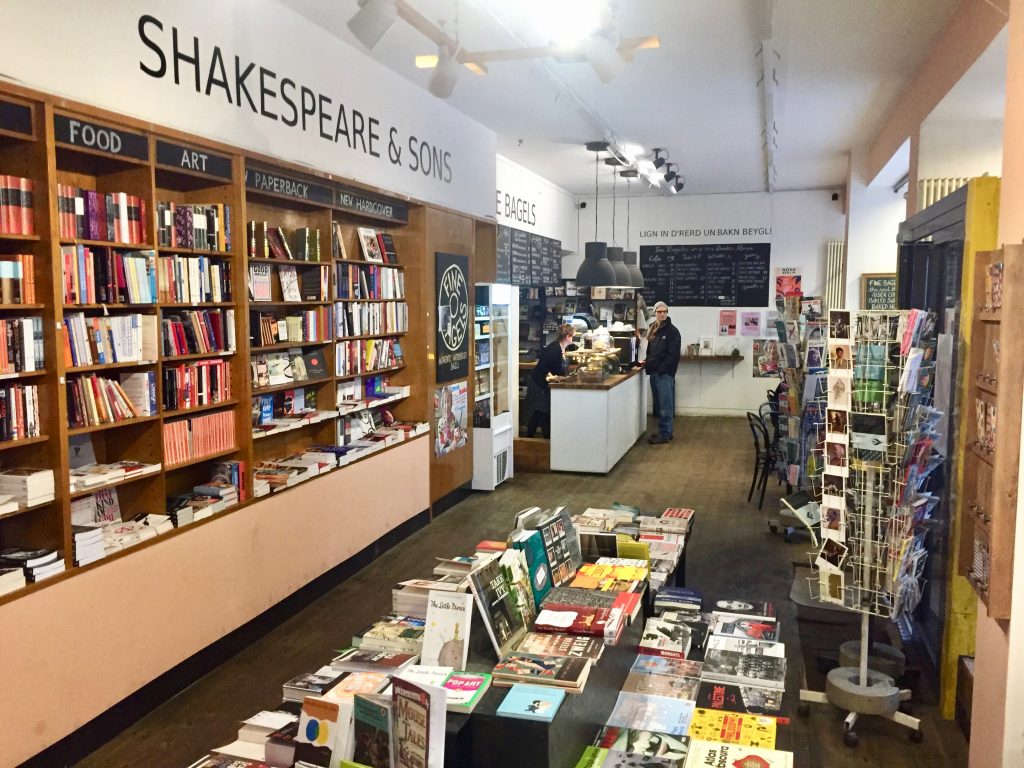
What makes you hopeful about the future – whether it’s locally here in Berlin or on a larger scale – what makes you optimistic about the ways in which people consume and support food these days?
Well for me my biggest concern is land stewardship and farmers: keeping farmers farming, keeping people on their land. I think it’s so important for the longevity of human beings. One of the reasons why farmers markets are so successful – and they’re insistent in most cities that the farmer is truly standing at the market stand – is not about the vegetables: it’s about the relationship that the farmer gets to create with his community. And I can tell you from running a farmers market that the brand loyalty – if you can call it that – that people have as a result of creating that relationship. Because as soon as you have that relationship, you are invested in the livelihood of that person: you don’t want to see them fail. So I think relationships are key. I am excited about moving on to do these projects in Europe and specifically in Berlin with Terroir […] Berlin is a very, very special place, which is why we’re here and I think that there is so much possibility.
I also think that, especially Brandenburg, I think it will just continue to grow in terms of local food systems because this is an agricultural area: it’s a bread basket. So, again, there is just so much opportunity here especially with the investment of the food community because that’s how it starts. I truly believe that restaurateurs and chefs are a cornerstone of making that change in the food system and that’s [something that is] very exciting here.
. . .
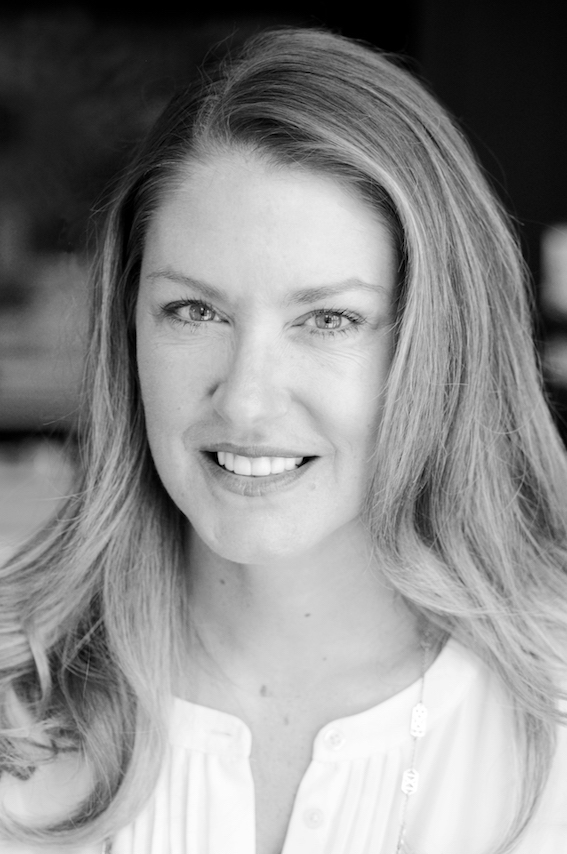
As we talk Arlene continues to return to the idea of relationships; the relationship consumers make with their local farmers or purveyors, the relationships chefs make with farmers to then connect the public to local food. In Berlin there is still a lot of connecting to be done, linking people into the right kind of relationships so that it fuels the growth of our local food systems. She believes that chefs and restaurateurs are the cornerstone to making a change in food systems by way of the power they hold in food communities.
This is where Terroir come in. Carrying on the hallmark of Terroir, Terroir Berlin will continue with the mission of creating and fostering relationships in the food and agricultural industries, though it aims to go further in the Berlin assembly. Terroir Berlin’s structure will be decidedly more intimate with an aim to create more meaningful conversations with tangible and clear solutions that people can apply to their daily work. The program will break from the typical symposium style where, as she puts it, the presenters talk at you, and rather it will bring people together to partake in action-based discussions.
Arlene realizes the kind of positive influence she can provide in such a fervent time in the Berlin food scene. Bringing her vast toolkit of skills and legacy of successes, Arlene is ready to embark on this new chapter of her life and career in Berlin and I’m looking forward to seeing how we will all benefit from her fervent and urgent work.
More information about Terroir Toronto can be found on their website terroirsymposium.com. Information on Terroir Berlin can be found on their website terroirtalk.org. Terroir Berlin will be held on May 15th, more information can be found on Facebook. And don’t forget to follow along on social media: Instagram and Twitter (#TerroirBerlin)
Shakespeare & Sons is located at Warschauer Str. 74.
